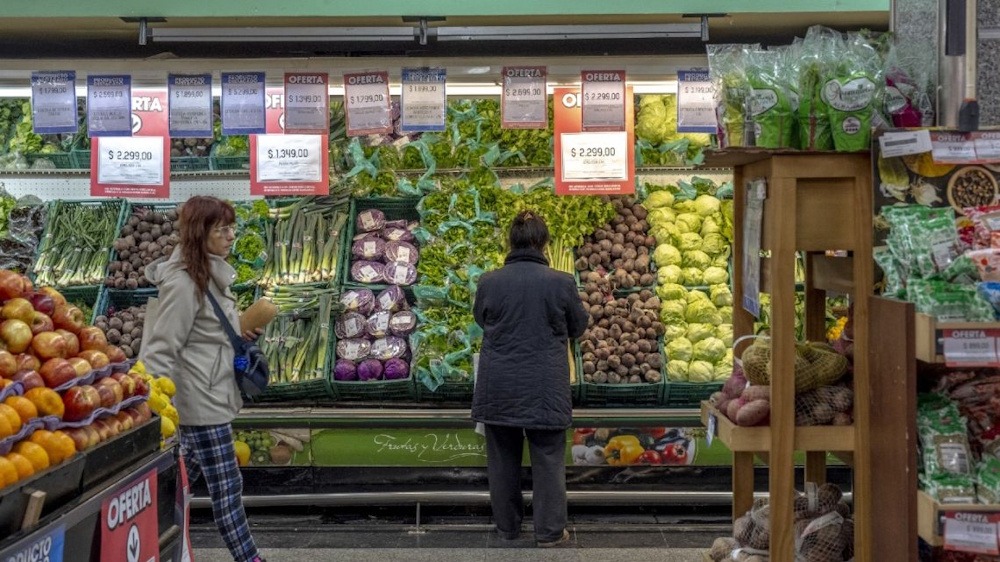Argentina’s economy experienced a contraction in the second quarter relative to the first quarter of the year, as the critical midterm election for President Javier Milei approaches next month. Output contracted by 0.1 percent, contrasting with the median forecast of economists, which anticipated a 0.1 percent increase. In comparison to the second quarter of the previous year, the local economy experienced a growth of 6.3 percent, slightly under the anticipated 6.5 percent expansion indicated by the same survey.
Exports, retail consumption, and capital investment hindered growth, whereas imports declined and government consumption experienced a slight increase. “Heightened political and market uncertainty have cast doubt over the sustainability of Milei’s macroeconomic programme, likely sparking a negative feedback loop that’s weighed on activity,” stated Jimena Zuniga. “We do not anticipate a significant improvement in sentiment unless Milei’s coalition performs favorably in the midterm elections on October 26.” This would provide his economic team with greater flexibility to reevaluate and potentially reintroduce its macroeconomic strategy.
The GDP print presents further challenges for Milei, following his party’s significant defeat in a crucial Buenos Aires Province vote, thereby diminishing his outlook for the upcoming nationwide midterm elections set for late October. The decline in economic activity during the second quarter corresponds with a recent downturn in consumer spending, as inflation-adjusted wages entered negative territory earlier this year. In the first quarter, unemployment attained its peak level in almost four years. On Thursday, the data regarding joblessness for the second quarter will be released.
Looking ahead, analysts anticipate that South America’s second-largest economy will experience a contraction in July and August, driven by various policy actions from the Central Bank that have resulted in a liquidity shortage, consequently elevating real interest rates into double digits. The Central Bank’s August survey indicates that economists have revised their growth forecast for the year to 4.4 percent, down from the previous estimate of five percent.

